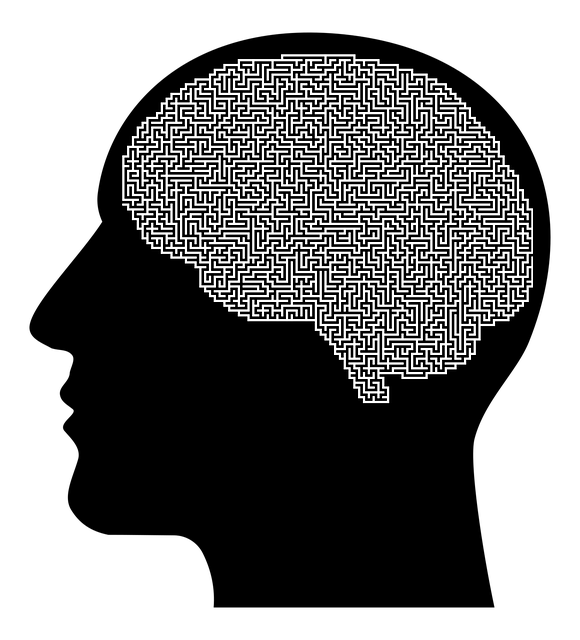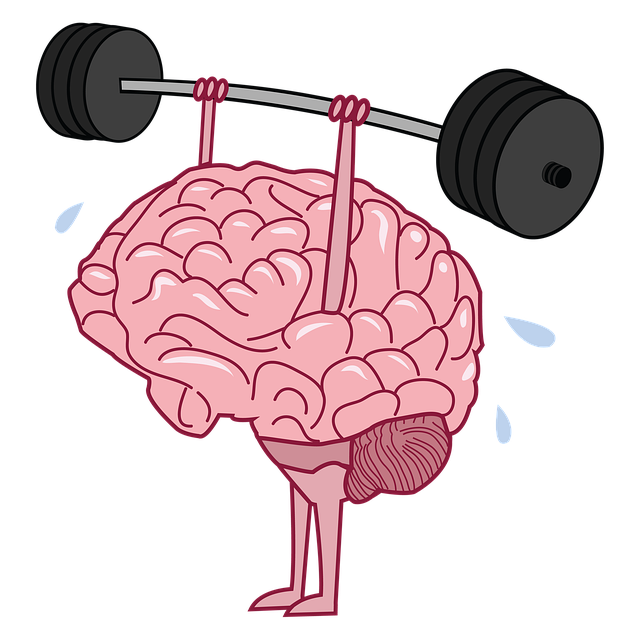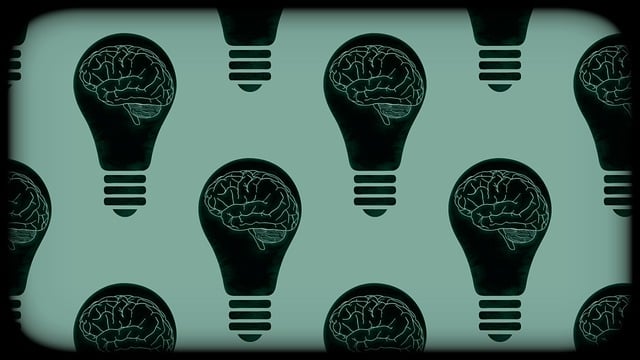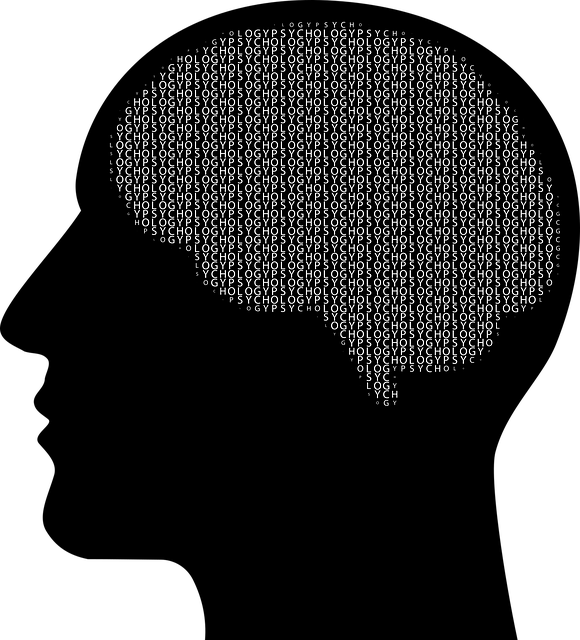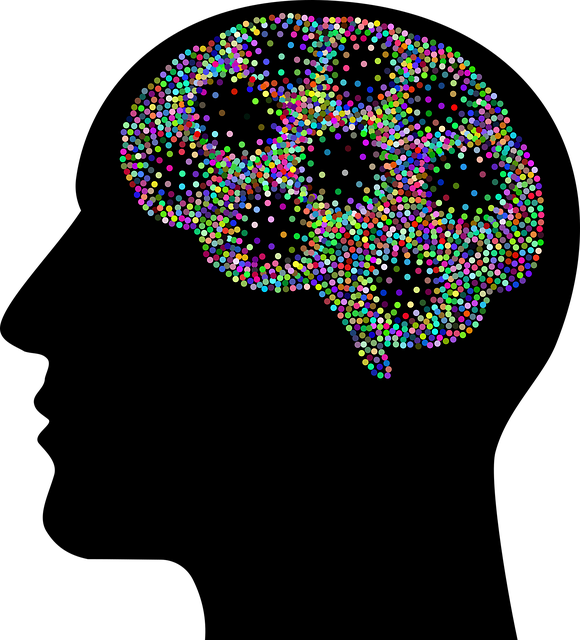The media's portrayal of mental illness, including chronic pain, significantly impacts public perception. Inaccurate or simplistic depictions in movies, TV, and news perpetuate stereotypes, hindering access to support for individuals seeking Louisville Chronic Pain Therapy. To combat this, therapy centers advocate for diverse, empathetic media representations, fostering a supportive environment and promoting specialized treatments. By challenging negative tropes, these efforts aim to reduce stigma, improve mental health literacy, and encourage individuals to seek help for chronic pain and other mental health challenges.
In today’s media-saturated world, the portrayal of mental illness can significantly shape societal perceptions and impact those living with these conditions. This article explores the challenges posed by misleading media representations and offers solutions for positive change. We delve into the current state of mental health depiction in Louisville and beyond, focusing on the specific struggles of individuals with chronic pain. By highlighting strategies for enhancing media representation, we advocate for resources like Louisville Chronic Pain Therapy, providing accurate information and support to foster understanding and empathy.
- Understanding the Impact of Media Portrayal on Mental Health Perception
- The Current State: How Media Often Depicts Mental Illness in Louisville and Beyond
- Challenges Faced by Individuals with Chronic Pain in a Media-Driven Society
- Strategies for Positive Change: Enhancing Media Representation of Mental Health
- Louisville Chronic Pain Therapy: A Resource for Accurate Information and Support
Understanding the Impact of Media Portrayal on Mental Health Perception

The media’s portrayal of mental illness significantly influences public perceptions and understanding of various conditions, including chronic pain. Louisville Chronic Pain Therapy centers often note that inaccurate or limited representations in movies, television shows, and news articles can perpetuate stereotypes and stigma surrounding mental health struggles. These depictions may oversimplify complex disorders, leading to misconceptions among viewers. For instance, showcasing depression as a mere emotional response without considering underlying biological factors contributes to a superficial understanding of the condition.
Similarly, public awareness campaigns development should aim to challenge these media tropes. By promoting accurate representations and encouraging conversations about mental health, communities like Louisville can foster an environment that encourages individuals to seek help without fear of judgment. Self-care practices and routine development for better mental health are also supported by this shift in perception, as informed audiences are more likely to understand the importance of specialized treatments and support systems in managing conditions such as chronic pain.
The Current State: How Media Often Depicts Mental Illness in Louisville and Beyond

In Louisville and beyond, the current state of mental illness representation in media is characterized by a mix of awareness and misconceptions. While efforts to destigmatize mental health issues have gained momentum, many portrayals still fall short of accurate and empathetic representations. Media often reduces complex conditions like chronic pain to simplistic narratives, perpetuating stereotypes and misunderstandings. This can be particularly problematic for individuals seeking Louisville chronic pain therapy or support for other mental health challenges.
Depictions tend to focus on extreme scenarios, such as portraying people with mental illnesses as dangerous or hopeless cases, reinforcing harmful societal perceptions. Moreover, the absence of diverse representations exacerbates the issue, as many stories fail to reflect the wide range of experiences within the mental health community. This lack of nuanced representation hinders access to accurate information and support, emphasizing the need for effective mental health education programs designed to foster coping skills development and inner strength among all individuals.
Challenges Faced by Individuals with Chronic Pain in a Media-Driven Society

In a media-driven society, individuals grappling with chronic pain often face unique challenges. The relentless portrayal of happiness and wellness in popular media can create a stark contrast with their lived experiences, exacerbating feelings of isolation and inadequacy. This dichotomy can be particularly detrimental for those relying on Louisville Chronic Pain Therapy services, as it reinforces the mental illness stigma and obscures the reality of chronic pain as a valid medical condition. The constant exposure to idealized versions of life may demotivate them from actively seeking support or participating in self-care practices that could alleviate their symptoms.
Furthermore, the media’s tendency to sensationalize or trivialize mental health issues contributes to an environment where those with chronic pain feel misunderstood. This lack of accurate representation hinders Mental Health Education Programs Design and Stress Management initiatives, as it fails to provide a comprehensive understanding of what these conditions entail. As a result, Mental Illness Stigma Reduction Efforts become increasingly vital in creating an inclusive space for individuals navigating chronic pain, encouraging empathy, and promoting access to effective treatment options.
Strategies for Positive Change: Enhancing Media Representation of Mental Health

The media plays a pivotal role in shaping societal perceptions about mental health. To challenge negative stereotypes and foster understanding, it’s essential to implement strategies that promote accurate and empathetic representation. This begins with encouraging diverse narratives that reflect the wide range of experiences within the mental health community. By showcasing characters grappling with conditions like chronic pain (a prevalent issue in Louisville Chronic Pain Therapy) and illustrating their journeys towards recovery, media can humanize these struggles. Such representations can significantly impact public opinion, reducing stigma and inspiring empathy.
Moreover, incorporating real-life stories of individuals who have successfully navigated mental health challenges can serve as powerful tools for positive change. This approach not only enhances media literacy but also encourages viewers to seek support or connect with resources available, such as those offered through comprehensive risk management planning for mental health professionals. Ultimately, by prioritizing nuanced and authentic portrayals, media can contribute to the development of coping skills and emotional regulation, fostering a more supportive environment for everyone’s mental well-being.
Louisville Chronic Pain Therapy: A Resource for Accurate Information and Support

Louisville Chronic Pain Therapy offers a beacon of hope and accurate information for those grappling with chronic pain, a growing concern in modern society. This specialized resource provides much-needed support, addressing the often-misunderstood nature of chronic pain conditions. By fostering open conversations and providing accessible knowledge, Louisville Chronic Pain Therapy aims to reduce the stigma surrounding these issues, which is a significant step towards better mental wellness.
The center’s approach includes not only treating symptoms but also empowering individuals with tools for self-management. They offer evidence-based practices tailored to various chronic pain conditions, ensuring personalized care. Moreover, their initiatives extend to healthcare provider cultural competency training, recognizing the importance of understanding diverse patient experiences. This holistic strategy contributes to burnout prevention and enhances the overall effectiveness of mental health support in Louisville.
Media representation plays a pivotal role in shaping public perception about mental health. By accurately depicting the experiences of individuals with mental illness, we can foster understanding and reduce stigma. The strategies outlined in this article, including enhancing media literacy and promoting positive narratives, are essential steps towards a more inclusive and supportive society. Louisville Chronic Pain Therapy stands as a beacon of accurate information and support, contributing to these efforts by addressing the specific challenges faced by those dealing with chronic pain. Together, we can revolutionize media representation and improve mental health outcomes for all.
